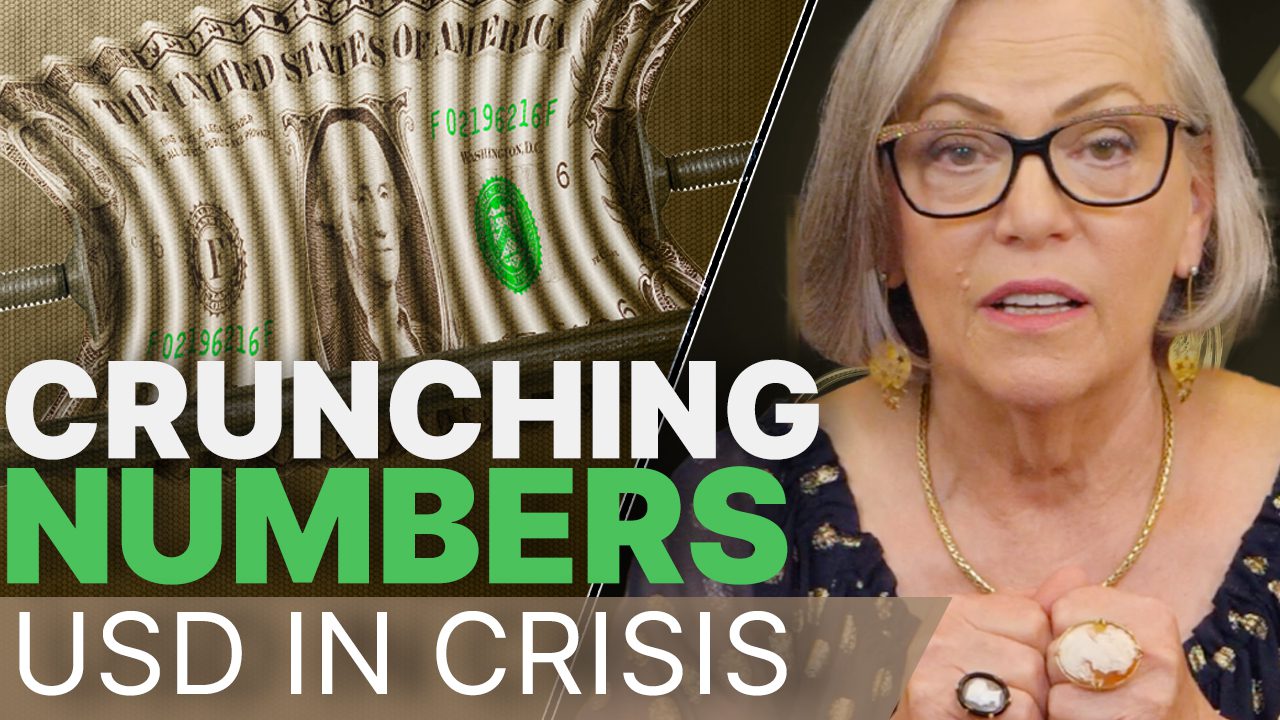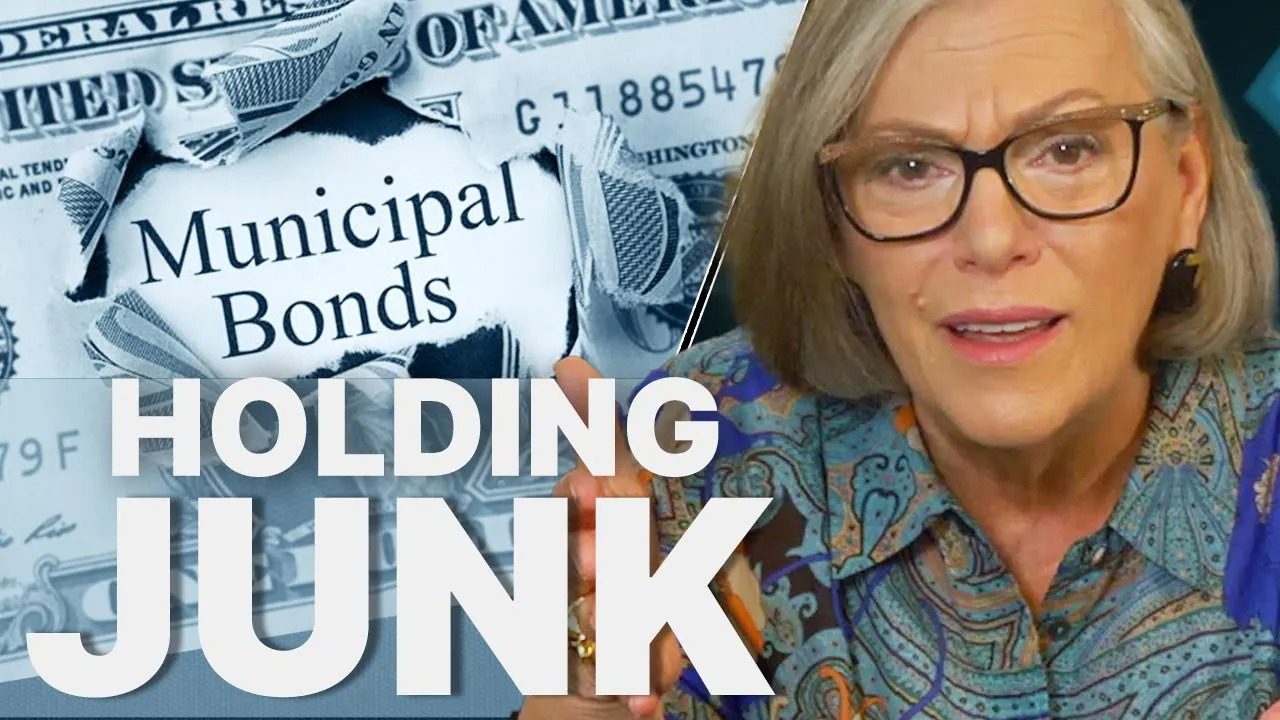European Debt Crisis Effecting Growth Projects for 2013

The intensifying of the European Debt Crisis has brought about quite a few unfavorable tweaks in the growth projections for 2012 and 2013. For instance, the International Monetary Fund or the IMF has reportedly cut its growth forecast figures. The IMF has also issued warnings with respect to the prevalence of even slower rates of expansion, unless of course the underlying reasons responsible for the economic threats prevailing in Europe and America are effectively addressed. The IMF has urged the prominent economies of the world to swing into a corrective mode immediately, for effective revival.
According to the projections put forth by the IMF, the growth percentage for the world economy would be a measly 3.3% for 2012. This would be the slowest growth rate registered since the global recession of 2009. The IMF has also projected a growth rate of 3.6% for 2013. The earlier forecasts were at 3.5% and 3.9% for 2012 and 2013, respectively. The Washington headquartered lender has even suggested a very real possibility of a graver slowdown. It has even spoken about a 16-17% chance of the growth rate slipping to an alarming 2%.
According to the IMF, one of the major issues was to analyze whether the prevailing economy is passing through one of those short-lived turbulence phases where a slow and not-so-smooth recovery was expected, or if the current recessionary trend was likely to be a more long-lasting one. According to the report published in the World Economic Outlook, the IMF has gone on to state that the response depends on whether the American and European policy makers deal proactively with their respective short-term financial challenges.
All of the 188 member countries of the IMF are slated to meet this week in Tokyo, as compromised growth further dampened by fiscal consolidation in the richer economies affects developing economies like Brazil and China! Even as the IMF aims at encouraging steps that would repair confidence, signs of economic instability stemming from Europe continue unabated. Leaders still stand divided over the banking union issue and Spain continues to resist a bailout!
According to further statements issued by the IMF, the confidence in the world financial system continues to lack conviction and remains completely fragile. As a result, bank lending has stuck to being sluggish across the more robust economies of the world. Besides, aversion to risks has damped the rate of capital inflows into the emerging and developing markets in the ongoing european debt crisis.













